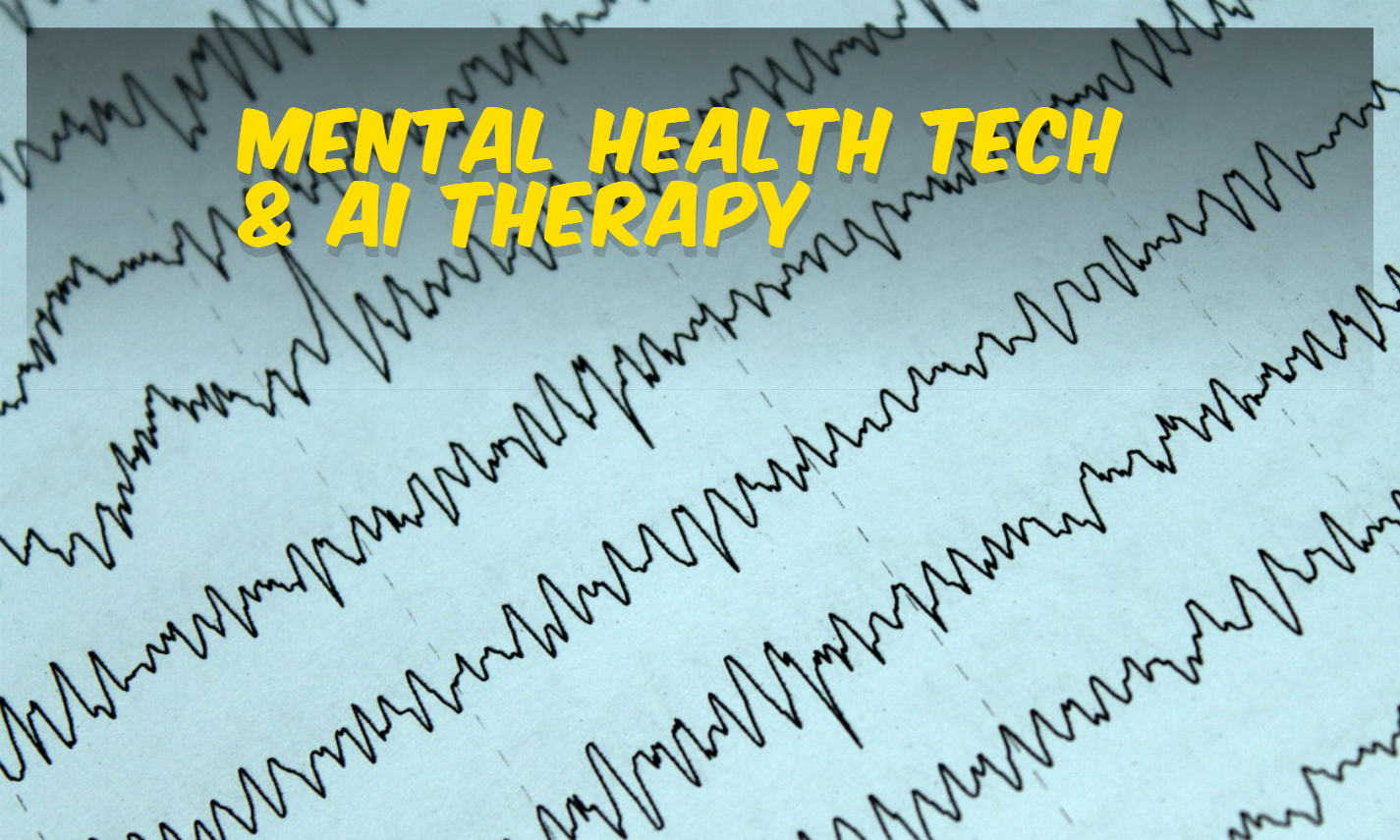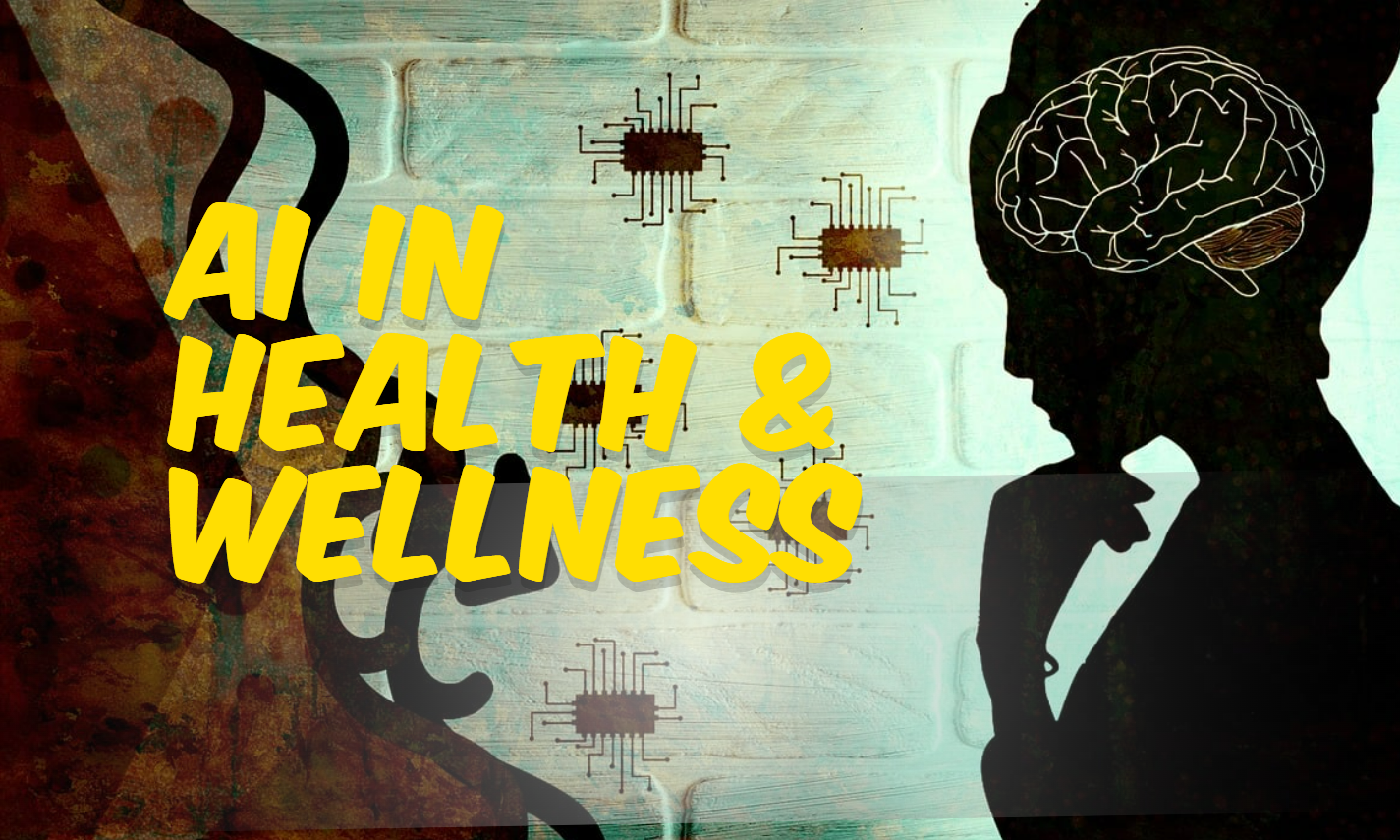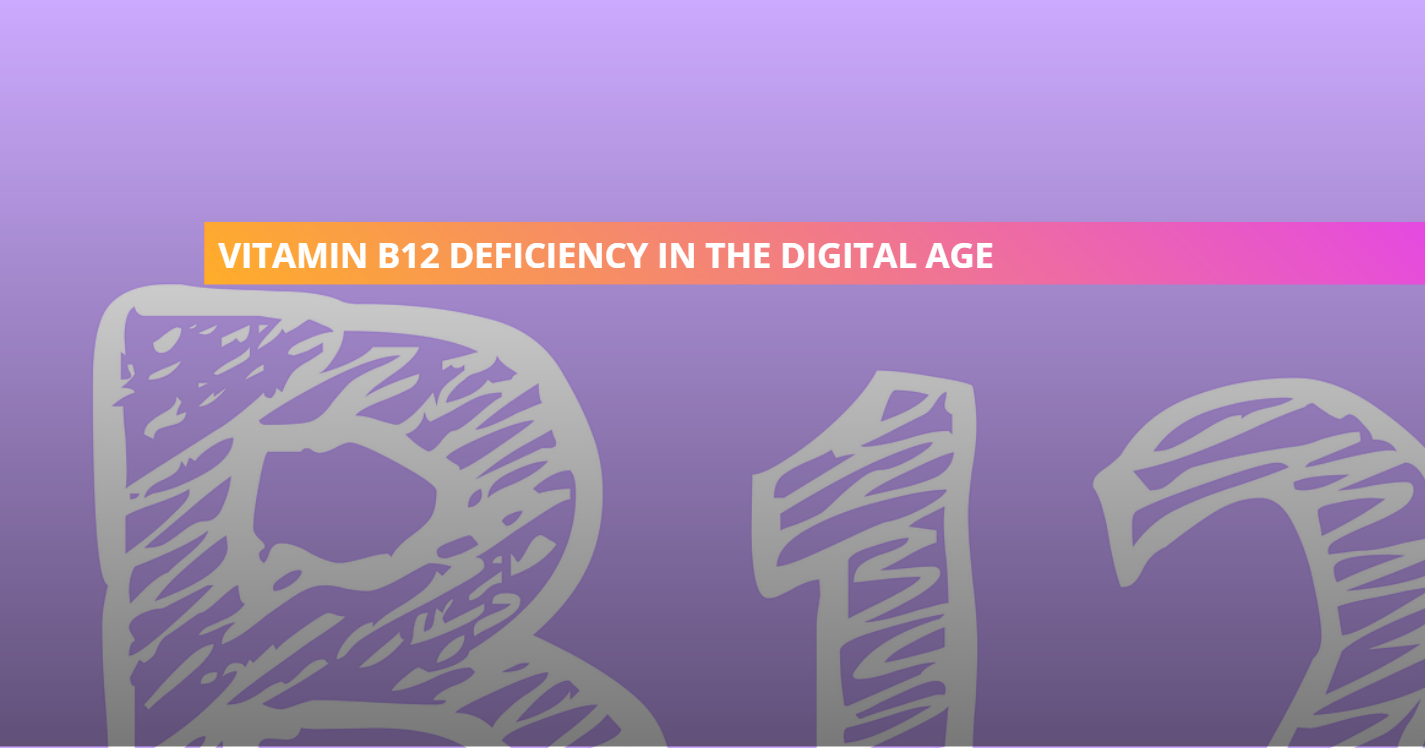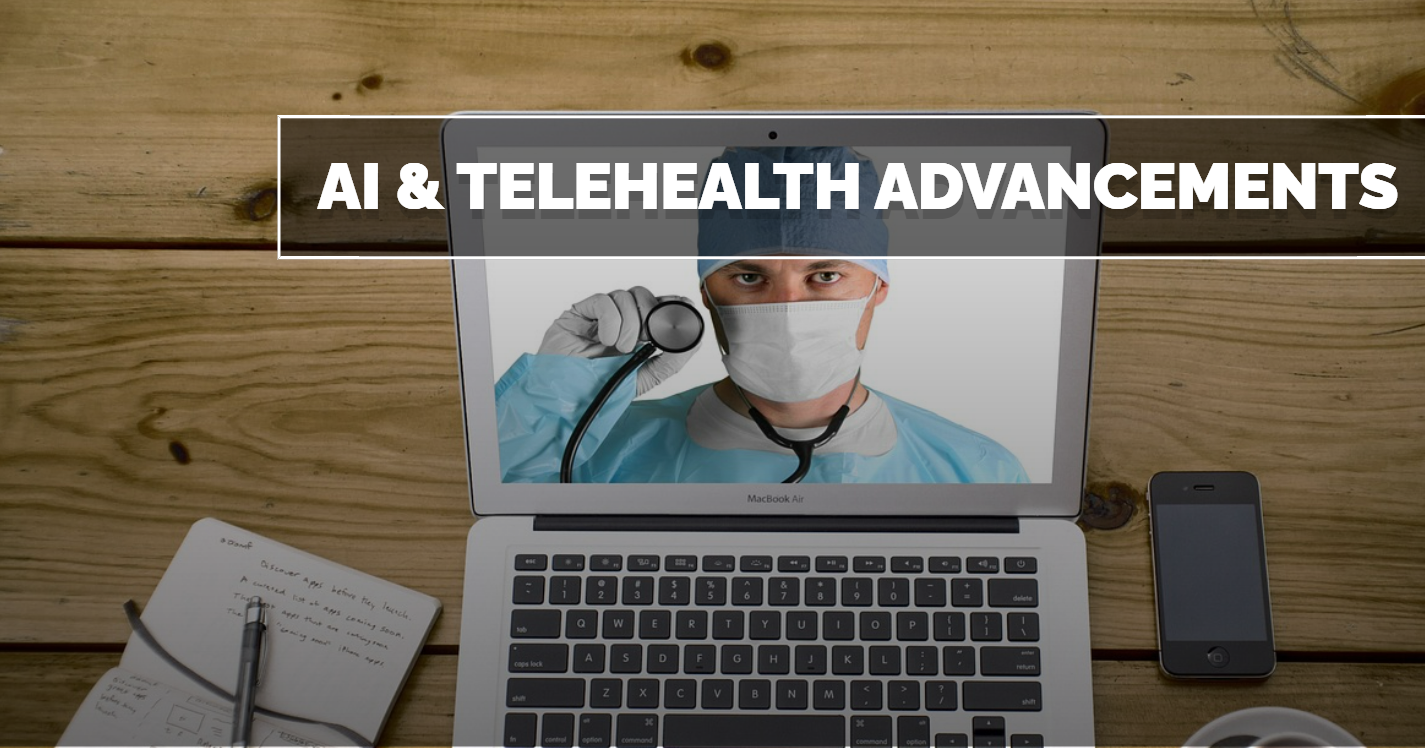Mental health challenges are getting to be progressively predominant over all age bunches and socioeconomics. With rising push levels, burnout, and societal weights, more individuals than ever are looking for back. Be that as it may, conventional mental wellbeing administrations are regularly overburdened, costly, or blocked off. This has opened the entryway for technology—particularly Counterfeit Insights (AI)—to step in. AI treatment and mental wellbeing tech are not as it were changing how care is conveyed but moreover growing get to to bolster in phenomenal ways.
The Mental Wellbeing Crisis
Globally, mental wellbeing issues such as uneasiness, sadness, PTSD, and depression influence over 970 million individuals, concurring to the World Wellbeing Organization. The widespread encourage uncovered the delicacy of mental wellbeing frameworks, uncovering the require for adaptable, reasonable arrangements. Long hold up times, a deficiency of advisors, and shame around looking for offer assistance have made a treatment gap.
The direness to bridge this crevice has catalyzed development in mental wellbeing innovation, and AI is at the heart of this transformation.
Rise of Mental Wellbeing Tech
Mental wellbeing innovation incorporates a run of computerized tools—from contemplation and mood-tracking apps to teletherapy stages and wearable biofeedback gadgets. These arrangements point to give quick, reliable, and personalized mental wellbeing support.
Leading illustrations include:
- Calm and Headspace: Guided contemplation apps that utilize behavioral information to tailor stress-reduction programs.
- BetterHelp and Talkspace: Stages that interface clients with authorized advisors through chat, video, or text.
- Woebot and Wysa: AI-powered chatbots that offer Cognitive Behavioral Treatment (CBT)-based discussion, reenacting compassionate dialogue.
This environment is advancing quickly, with AI treatment getting to be one of the most promising frontiers.
What Is AI Therapy?
AI treatment alludes to the utilize of machine learning calculations and common dialect preparing (NLP) to provide mental bolster, recreate helpful discussion, and indeed analyze passionate states. Not at all like ordinary treatment that depends on human interaction, AI instruments can work 24/7, making mental wellbeing back more available and scalable.
AI specialists are prepared on endless datasets of mental intuitive and clinical conventions. They can:
- Engage in steady conversation
- Offer CBT-based strategies
- Track disposition over time
- Recognize designs in thought and behavior
- Refer clients to human advisors when necessary
These frameworks do not supplant human clinicians but serve as complementary instruments, particularly for early intercession and upkeep of mental health.
Advantages of AI Therapy
1. Accessibility
AI treatment can be gotten to anytime and anyplace through smartphones or web stages. This is especially advantageous in farther regions or underserved populaces where mental wellbeing assets are limited.
2. Affordability
Many AI devices offer free or low-cost administrations, making treatment fiscally available for those who cannot manage conventional sessions.
3. Secrecy and Diminished Stigma
For people reluctant to talk with a specialist due to shame, AI offers a judgment-free environment. The secrecy of chatbot intelligent energizes openness.
4. Prompt Support
AI specialists don’t require arrangements. They are accessible 24/7, giving moment alleviation amid minutes of emergency or distress.
5. Data-Driven Insights
AI frameworks collect and analyze information over time to identify enthusiastic designs and give noteworthy experiences, which can upgrade self-awareness and back preventive care.
Ethical Concerns and Limitations
While AI treatment has critical potential, it too raises moral and down to earth challenges:
1. Information Privacy
Handling delicate mental wellbeing information requires vigorous security measures. Breaches can lead to extreme individual results, making believe and straightforwardness essential.
2. Compassion Gap
AI may imitate sympathy, but it cannot really get it human feeling. In profound injury or emergency circumstances, a human therapist’s nearness remains irreplaceable.
3. Inclination in AI
AI models are prepared on existing information, which may carry racial, sex, or social predispositions. These predispositions can lead to unseemly or incapable reactions for a few users.
4. Need of Regulation
Mental wellbeing tech is still a to a great extent unregulated space. Without clinical approval, there’s a chance of deception or hurt from unvetted apps or chatbots.
5. Reliance and Isolation
Relying exclusively on AI may debilitate individuals from looking for human back, possibly fortifying separation or dodging significant helpful relationships.
Human-AI Collaboration in Therapy
The most promising future lies in half breed models where AI bolsters, or maybe than replaces, human advisors. For example:
- Pre-screening: AI apparatuses can evaluate clients and hail those in require of pressing human intervention.
- Session Improvement: AI can decipher sessions, recommend restorative prompts, and track advance over time.
- Aftercare: Post-session, AI can proceed to offer works out and check-ins to strengthen treatment outcomes.
This collaboration permits advisors to center on complex cases whereas AI handles schedule mental wellbeing maintenance.
The Future of AI in Mental Health
As generative AI and characteristic dialect handling move forward, mental wellbeing tech will gotten to be more natural, conversational, and candidly shrewdly. Conceivable future improvements include:
- Emotionally versatile chatbots that react based on tone, facial expression, or biometric feedback.
- Personalized mental wellness coaches that coordinated with wearables to offer real-time push intervention.
- Multilingual, socially mindful AI specialists that can back different worldwide populations.
Moreover, associations between analysts, clinicians, and tech companies will be key to making secure, moral, and successful AI tools.
Conclusion
Mental wellbeing tech and AI treatment are revolutionizing how mental care is conveyed. By advertising reasonable, available, and always-available back, these instruments are making a difference to near the treatment hole and normalize mental wellbeing discussions. Be that as it may, whereas AI can reenact accommodating interaction, it cannot supplant the sympathy and subtlety of a human advisor. The future lies in adjusted collaboration—where AI improves, but does not dominate, the human touch in healing.
As we move forward, the center must stay on moral arrangement, comprehensive plan, and clinical approval. As it were at that point can AI really ended up a trusted partner in mental wellness.















Leave a Reply